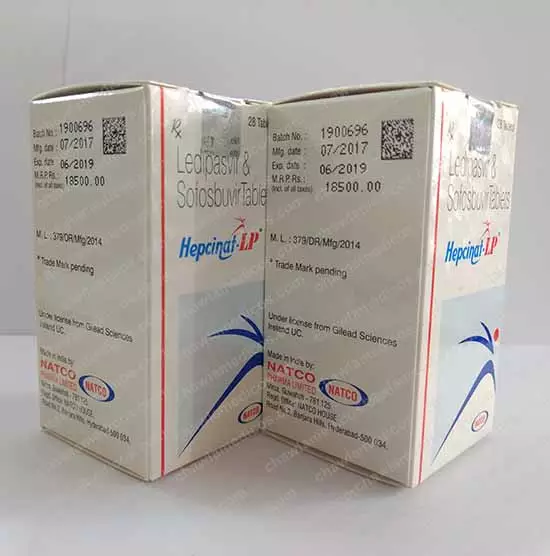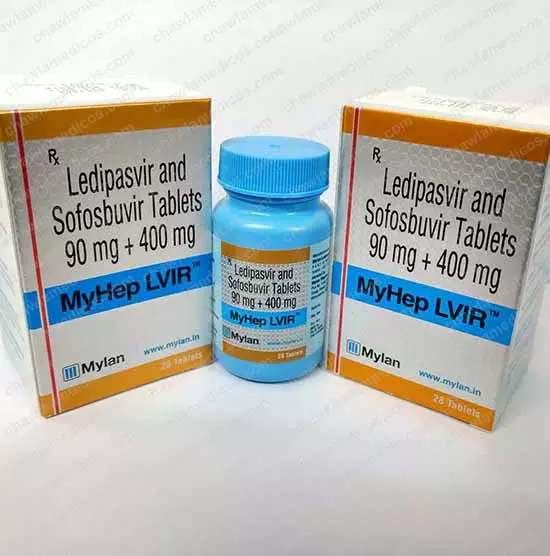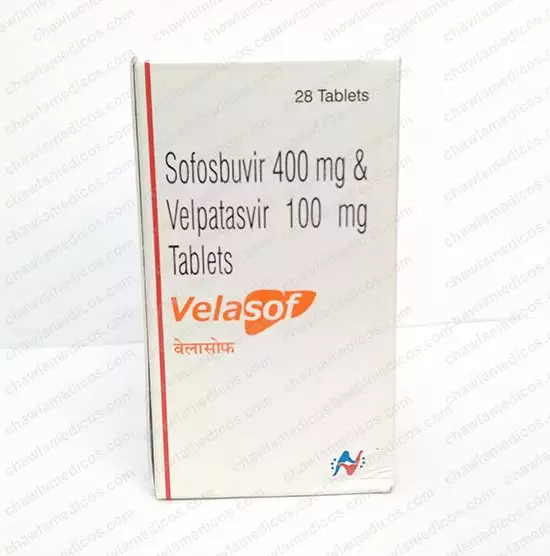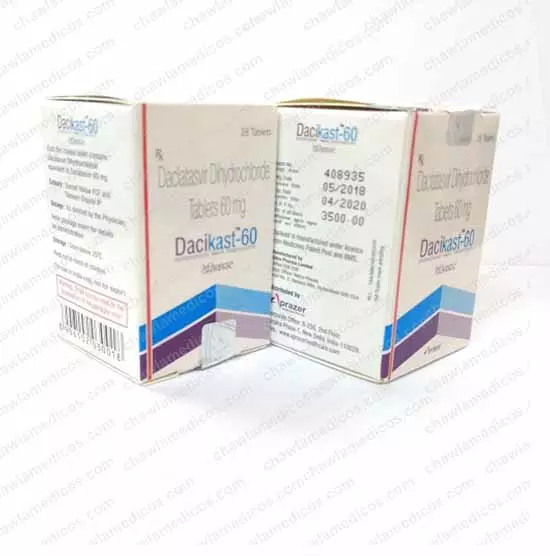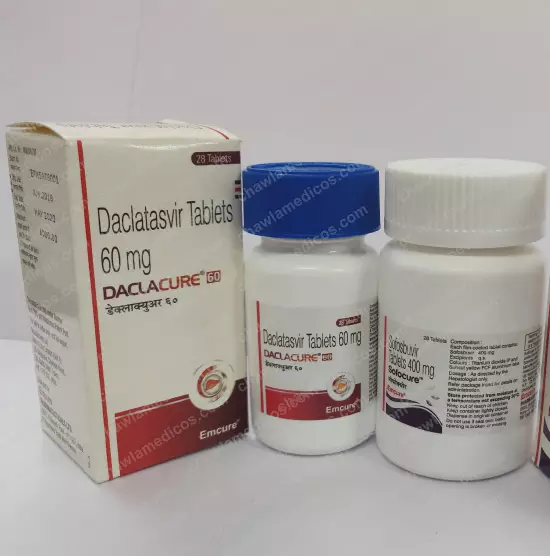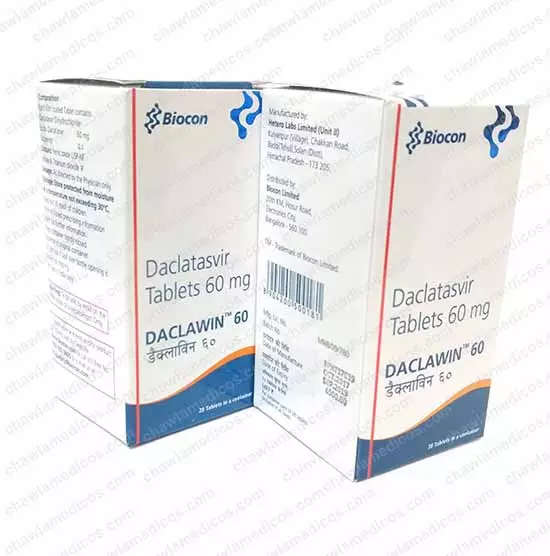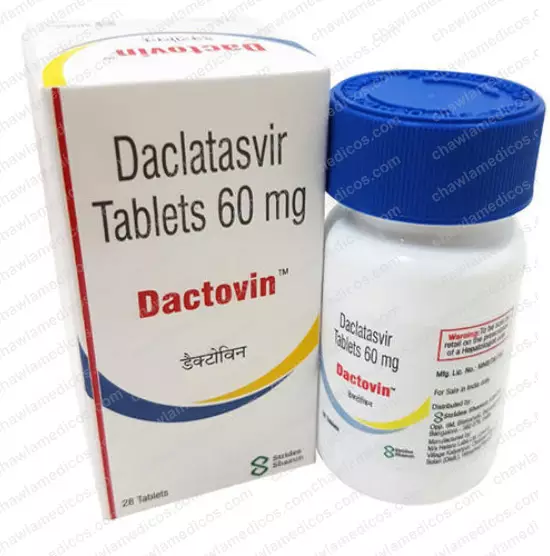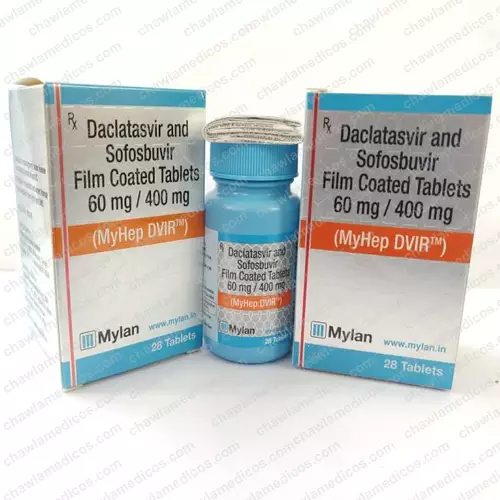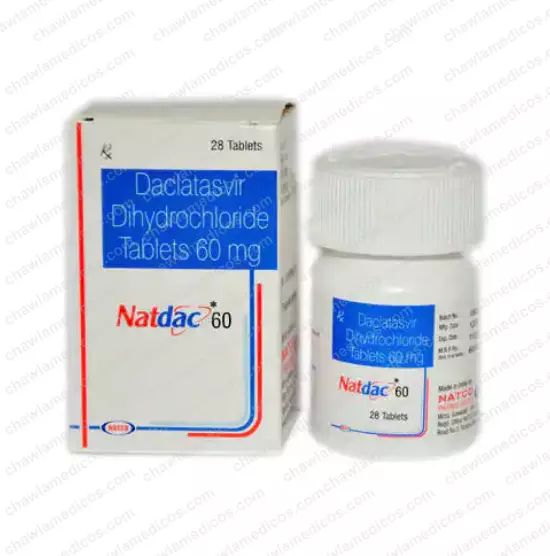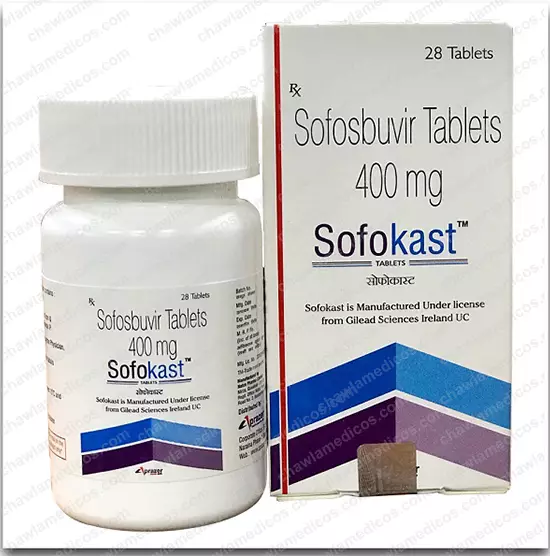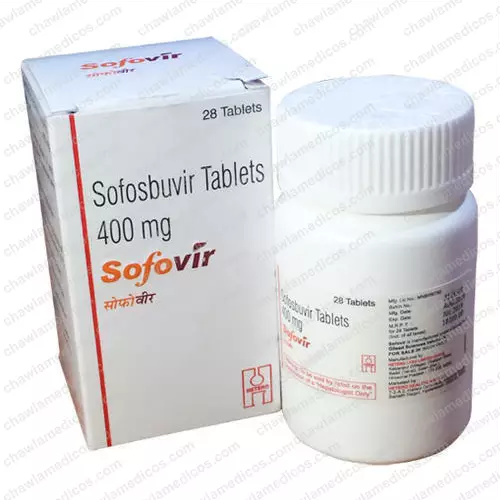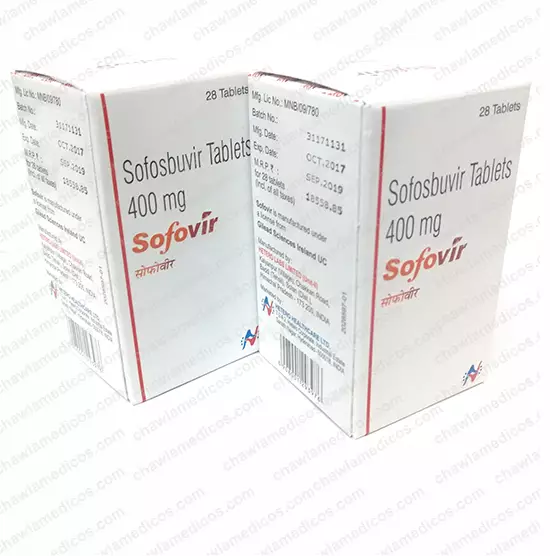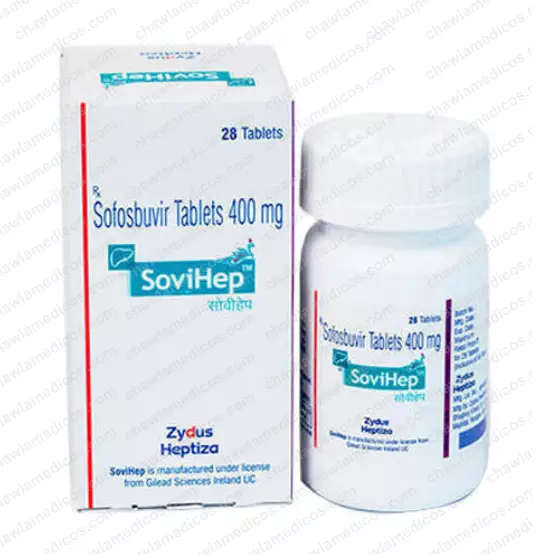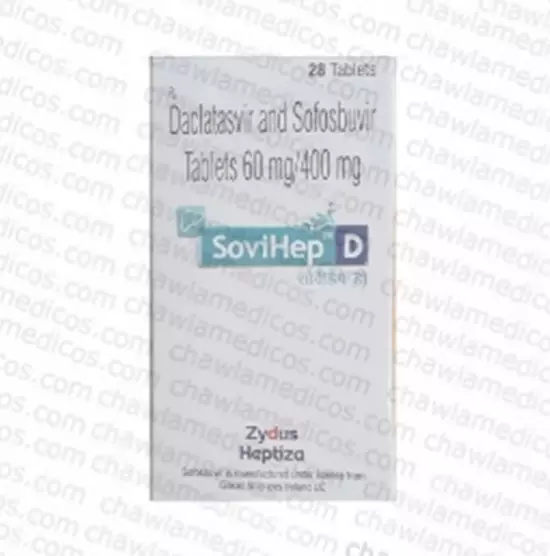Do you want to buy hepatitis C medicine online? If yes then you have come to the right place. At Chawla Medicos we offer a variety of medicines for Hepatitis treatment at a very cheap price. It is also one of the reasons why users love to shop for their HCV medicines from us. We supply medicines directly from manufacturers to customers that cut-off the mediators and make all Hepatitis medicines cheaper.
But before jumping on the medicines let’s know what is hepatitis and why is it deemed very dangerous.
What Is Hepatitis Disease?
Hepatitis is a term generally used for liver inflammation condition. It can be caused by alcohol, viruses, heavy medication, and an unhealthy diet. There are different types of Hepatitis known as Hepatitis A, Hepatitis B, Hepatitis C, Hepatitis D, and Hepatitis E. Every type of Hepatitis virus directly attacks the liver and makes it difficult to direct anything which weakens the immune system too.
Hepatitis is curable and this is why we provide Hepatitis victims with the best and most affordable medicines for their doorsteps.
Why Choose Chawla Medicos For Hepatitis C Medicines?
There can be many reasons why should you choose Chawla Medicos for your hepatitis C treatment medicines. Chawla Medicos provides the best quality Hep C medicines at a cheaper price with the surety of delivery in 3 business days. We are a direct supplier of medicines which makes it easy for us to deliver hepatitis C medicines to patients quickly.
You can call us, mail us, or even visit your site called chawlamedicos.com to get your hep C treatment for new drugs.
What Is The New Drug To Cure Hep C?
The new drugs to cure Hepatitis C are sofosbuvir with ledipasvir (Harvoni); daclatasvir (Daklinza); sofosbuvir (Sovaldi); and ribavirin (Ibavyr). It is important to note that not all people get cured by taking these drugs to treat HCV. Few people may have other liver diseases as well which makes their chance to get cured from Hepatitis C lower.
What Is The Best Medicine For Hepatitis?
Many Hep C treatment drugs like entecavir (Baraclude), adefovir (Hepsera), lamivudine (Epivir), tenofovir (Viread), and telbivudine can help to recover from the virus and boost liver functionality.
These drugs come in the form of tablets which can be taken by mouth according to the dosage suggested by your doctor.
Best Medicine For Hepatitis C
Some of the newer DAA drugs for hepatitis C include:
-
Mavyret (glecaprevir and pibrentasvir)
-
Vosevi (sofosbuvir, velpatasvir, and voxilaprevir)
-
Epclusa (sofosbuvir and velpatasvir)
-
Gilead Sovaldi (sofosbuvir)
-
Harvoni (ledipasvir and sofosbuvir)
Best Medicine For Hepatitis B
Some of the newer DAA drugs for hepatitis B include:
-
Tenofovir disoproxil fumarate (Viread)
-
Lamivudine (Epivir)
-
Adefovir dipivoxil (Hepsera)
-
Entecavir (Baraclude)
What Is The Fastest Hep C Treatment?
Using Hepatitis C medicines is the fastest way to cure or treat HCV. There are also other treatments available without medication such as a healthy diet, regular exercise, avoiding alcohol, regular checkups, and so on.
If you are fighting against the Hep C virus then it is always important to discuss it with your doctor as he knows more ways to cure it in the fastest way possible.
Side Effects of Hepatitis C Medicines
The Hep C medicine side effects vary on the type of medicine taken by patients. But there are some common side effects you can see with Hepatitis C medication.
-
Fatigue - It is one of the most common side effects you can see when taking Hepatitis C drugs.
-
Diarrhea - This side-effect is also common at the time of taking drugs for hepatitis c. Usually, it is mild and goes away on its own without any other treatment.
-
Headache - Headache is a common side-effect of many medications including Hep C medication too.
-
Muscle pain - This is a less common side effect of Hepatitis C medicines as it depends on the immune system of the victim. Having a weak immune system will surely lead to muscle-body pain.
-
Rash - Rash is also a common side-effect of hepatitis C drugs which can be mild and need treatment to get cured.
Can Hep C Be 100% Cured?
Yes, with proper treatment and maintenance, many have been cured of the hepatitis C virus. According to WHO adults should get treated with (DDAs) direct-acting antivirals and the same should be followed for adolescents and children.
What Can Be The Cost Of Hepatitis C Medication?
The medication for hepatitis C can cost from Rs. 70,000 to Rs. 100,000. But mostly it depends on the condition of the patient's health and for how long they have been fighting against HCV.
What Are Hepatitis Treatment Options Available There?
The treatment of the Hepatitis virus depends on its variant and the health condition of the patient. In most cases, patients get recover by taking Hepatitis C drugs or medicines. But in some serious cases, doctors have to perform surgeries as well to save the life of patients. So it is always better for you to start treating HCV as soon as you find its symptoms.
What Are The Symptoms of Hepatitis Virus?
There are many symptoms to find if you have a hepatitis virus or not:
-
Fatigue
-
Fever
-
Loss of appetite
-
Nausea and vomiting
-
Abdominal pain
-
Dark urine
-
Light-colored stools
-
Joint pain
-
Yellowing of the skin and the whites of the eyes (jaundice)
These are some common symptoms that can be found in a patient body if they have a Hep virus.
What Is The Success Rate Of Hepatitis C Treatment?
There are 90% chance that you will get cured of hepatitis C with perfect treatment and care. 90 out of 100 people always get cured of the Hep C virus so you don’t have to worry about your healthy future.
How Long Does Hepatitis C Treatment Typically Last?
The Hepatitis C treatment can last from 8 to 12 weeks approximately. However, it can depend on many factors such as the Hepatitis C medicines you consume and the type of hepatitis virus you are fighting from. So it can take a bit longer period to cure your liver from the HEP C virus effect.
Are There Any Side Effects Associated With Hepatitis C Medicines?
Yes, consuming Hepatitis C medicines can give some side effects such as fatigue, headache, nausea, and diarrhea. However, it is important to note that not all of the patients get these side effects as it can vary depending on the health and immune system of patients.



